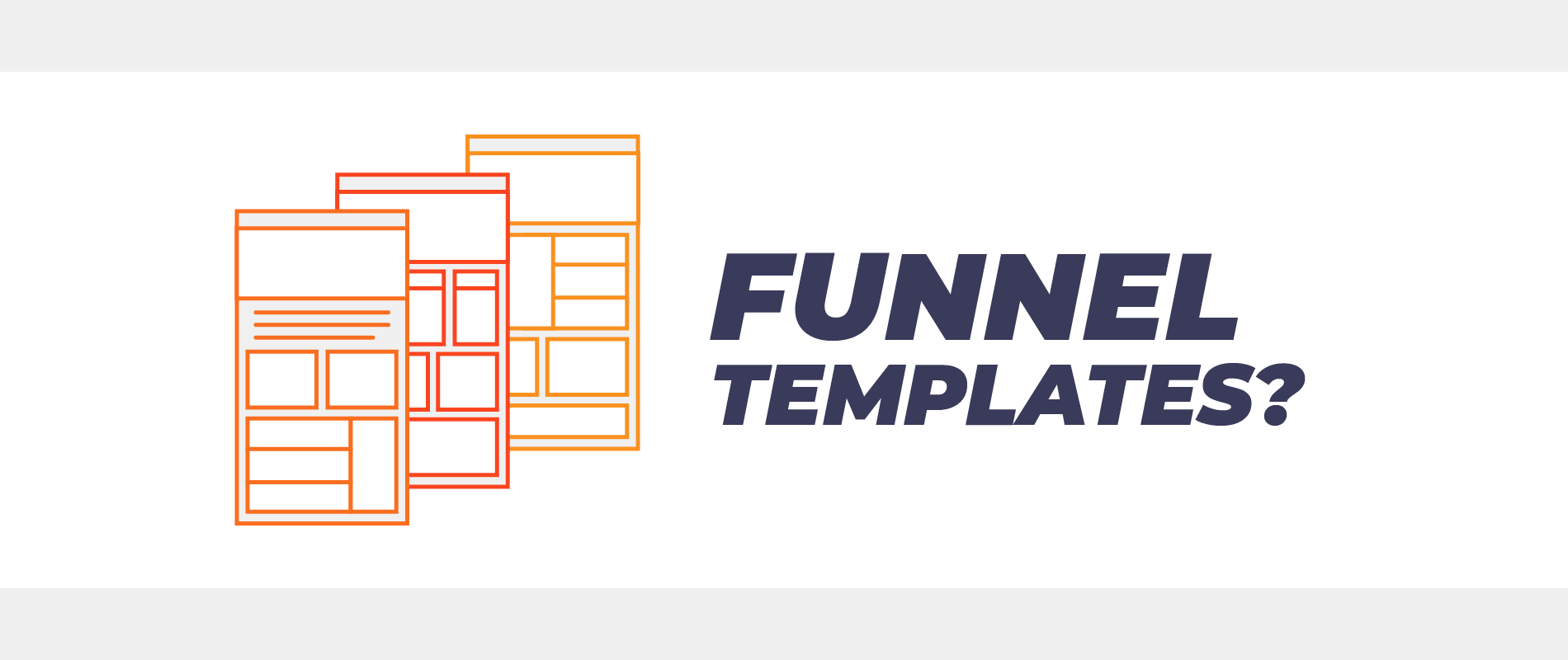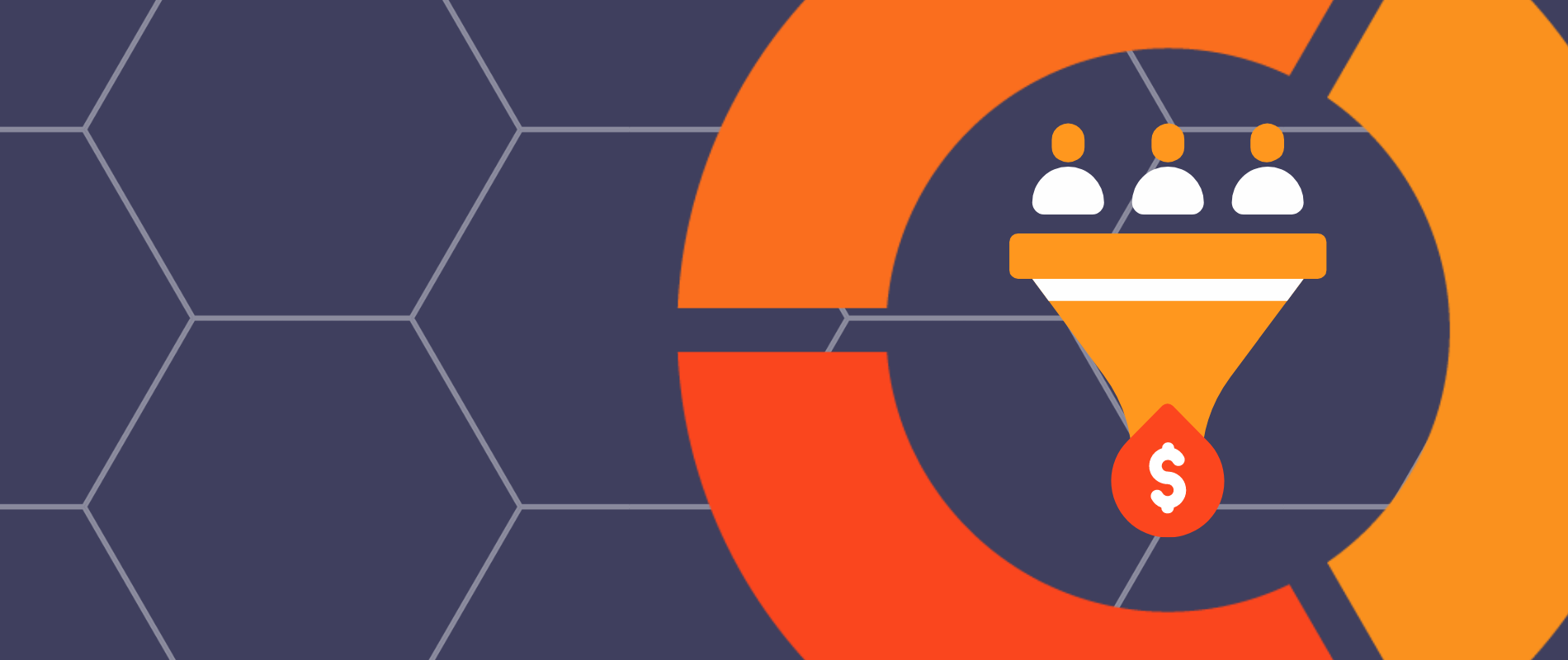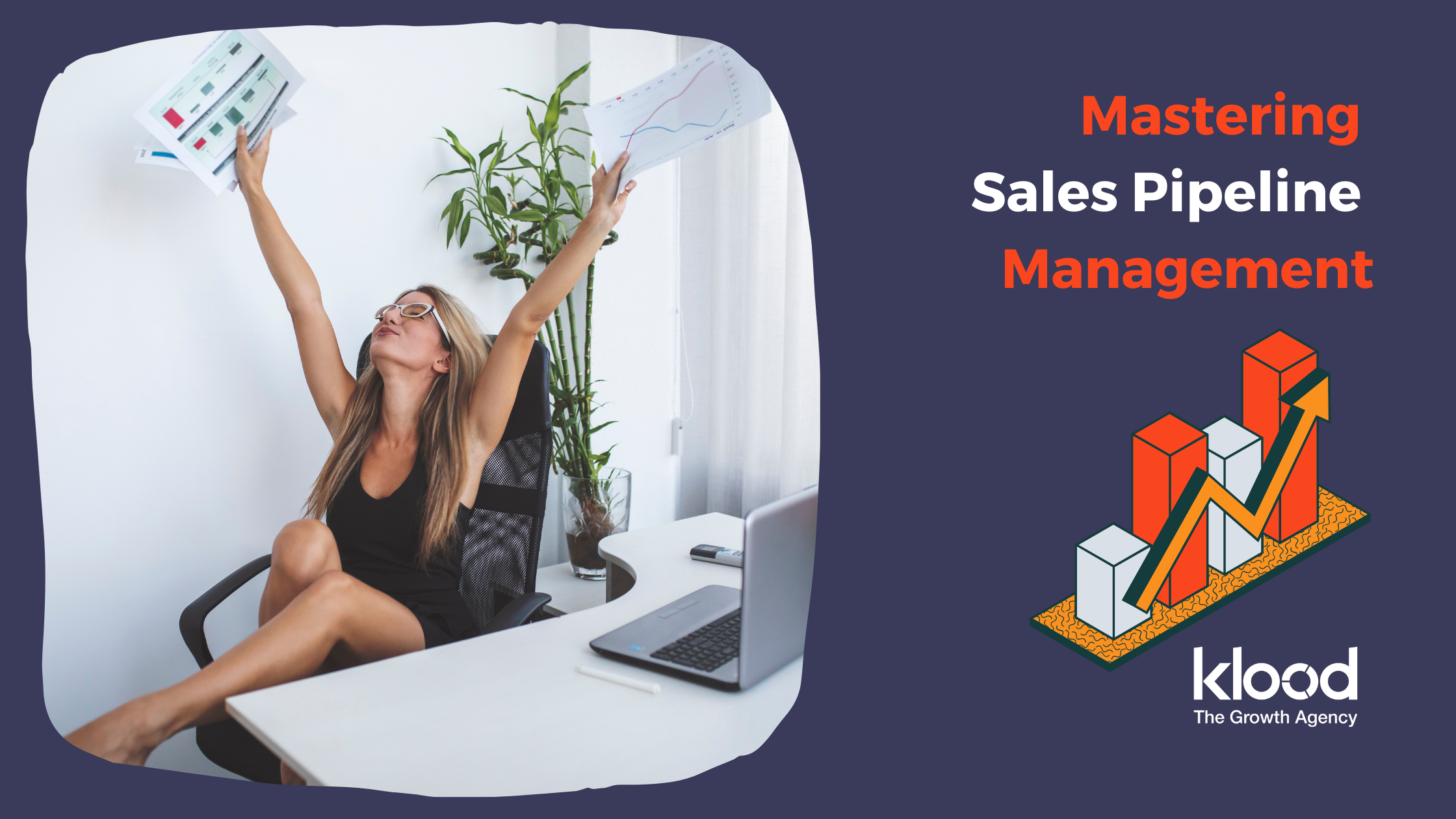
Get weekly
HubSpot updates
Sales funnels help boost sales. In fact, the internet is filled with stories of businesses that used sales funnels to grow their brands based on the ability to turn potential customers into paying customers. A sales funnel is not to be confused with a marketing funnel.
A marketing funnel is designed to help you attract and capture leads from the awareness stage of the buyer's journey; it utilises lead nurturing tactics to steadily engage the prospect until they are ready to connect with your sales team.
In contrast, a sales funnel is designed to work specifically at the decision stage of the buyer's journey. The copy in a sales funnel is different from the copywriting in a marketing funnel. The sales copy is written with the intent of setting the next interaction with your business firmly in focus, whether it's to book a consultation or sign up for your limited time offer.
These are a couple of the reasons why a well-designed sales funnel can create an immediate impact on a business's bottom line.
Can I build my own sales funnel with a template?
Yes, you can build your own sales funnel with a template, but just because they are useful does not mean that building one is easy. Look for templates that have proven their effectiveness and consider adapting one to your needs. Many companies employ the services of funnel strategists to build and/or manage their funnels.
If you are going to build your own funnel, then you need to be prepared to invest your time into the research, planning and optimisation that is required. Sales funnels are not a set-and-forget solution to filling your sales pipeline. In order to create the leads that will fill your sales pipeline, you need to dedicate time to optimisation, and in time, building a marketing funnel above your sales funnel to help drive even more traffic into your end game.
If your resources are limited, you can hire a company to construct a sales funnel that is tailored to your brand and offering. We provide a made-for-you funnel service that follows proven best practices and sales funnel templates to ensure any project we undertake is a success.
How many types of sales funnel templates are there?
There is a difference between a sales funnel and a marketing funnel. A marketing funnel is a plan for guiding someone through the buyer's journey. Its stages begin at awareness and end at conversion. A sales funnel is part of a marketing funnel; it is the plan by which you get a buyer to take action. The purpose of the sales funnel is to persuade the buyer to either opt-in to a sales-specific email list, attend an event or webinar, arrange a consultation, or make a purchase.
From our work with Funnelytics, a leading sales funnel authority, we know that there are six essential sales funnel templates:
1. The Lead Magnet Funnel
The most widely used funnel on the internet, this funnel is meant to attract the ideal customer. You provide free high-value sales content in exchange for the visitor’s email address and name. This helps you provide value and build relationships. Any marketer will recognise this funnel as they are regularly used in marketing funnels to build their marketing lists. The key difference is that your sales funnel content is specifically focused on driving a sales interaction with your business.
2. The Product Sales Funnel
This sales funnel qualifies leads by offering an irresistible low ticket item. Once the item has been purchased, you upsell to increase the average cart value. A classic example of this process is seen when you order flowers online. You select your flowers and address; then, on your way to the checkout, you are presented with options to include a message, gift wrapping and other small sales that help increase the final sale value.
3. The Survey Funnel
The survey funnel provides value to the prospective buyer with an engaging and interactive survey for the purpose of collecting additional information that can be used to segment customers or identify hot sales opportunities. This is often seen in use where consultative sales are required.
4. The Webinar Funnel
Webinar funnels are used for high-ticket items that may be difficult to sell. With many SaaS solutions, for example, potential buyers want to sees the solution in play to really understand the benefits that they will gain from the service. Prospects are offered a limited-time special on the product at the end of the webinar to encourage a decision by creating a sense of urgency.
5. The Mini-Class Funnel
The goal of this funnel is to educate prospects while selling your product. A series of videos walks customers through everything they need to know about a product and then ends with a sales pitch. This is particularly effective when you have a specific message and journey that you want to take buyers on; however, maybe they do not have time for a one-hour demo or webinar. These bite-size mini-classes allow progressing your sales conversations with even the hardest to reach decision-makers.
6. The Application Funnel
The application funnel encourages prospects to apply to schedule a call, demonstration, or in-person meeting to discuss your product. This funnel usually ensures that you are speaking with the most qualified prospects rather than wasting time on leads that won't turn into sales. For many b2b SaaS sales teams, this is the most important funnel out of the 6. Sales teams will always want and need a diary full of sales appointments and a pipeline bursting with revenue. With this funnel, you can ensure your sales team is selling more and prospecting less.
How do I choose the best funnel template for my needs?
Choosing a sales funnel template depends on your business goal. Identify the goal you are most interested in at this stage (sales, opt-in, webinar) and match that to the template type. Before deciding on a funnel, it is important to conduct research to ensure that you are taking the right action. There is an old saying about assumption and if you don't do your research before planning out your funnel, you run a high risk of making the wrong choice.
A sales funnel is by its design built to help you achieve growth in your sales revenues, but if it is going to work and be a great success then it needs to be built with your buyer's journey in mind. Conducting the right research on your buyers, hacking your competitor's sales funnels, testing and validating every part of the process prior to even building out a funnel page or advert must be completed if you want to guarantee success.
Where can I find funnel template examples?
Choosing the right template for your sales funnel blueprint requires a lot of time and research to ensure the funnel is the best fit for the purpose and to match the buyer's journey to the offers in the funnel. You can conduct research online; there are numerous sales funnel templates available. You can even sign up for sales funnel specific solutions to access their pre-built templates.
Or, you can work with a funnel specialist agency that can take you to market quickly with a validated and compelling offer that is going to give you a high converting stream of sales-ready leads.
Further reading
What's the difference between a sales funnel and a click funnel
Customer Journey Template
4 Highly effective SaaS marketing strategies

